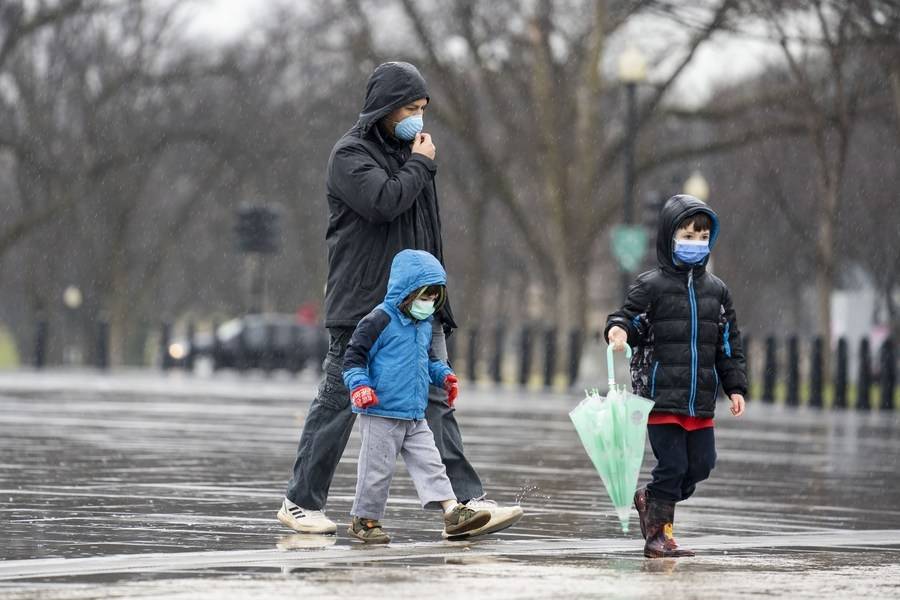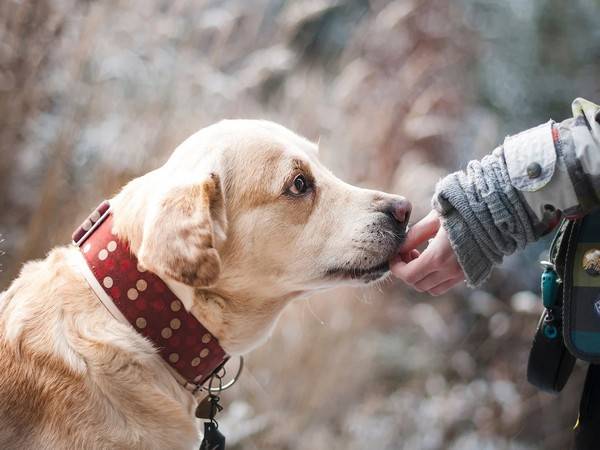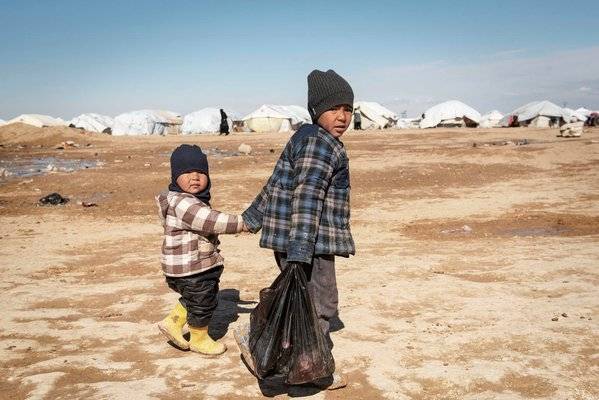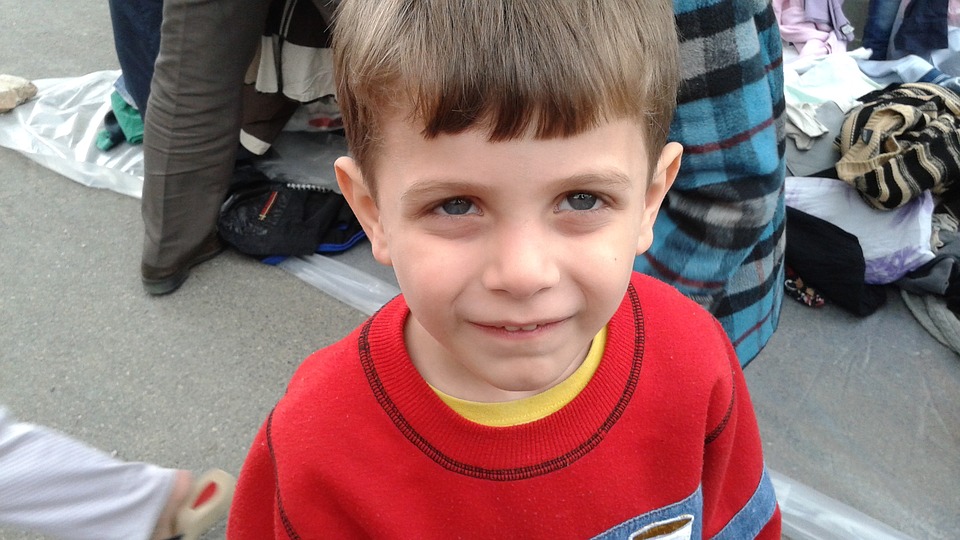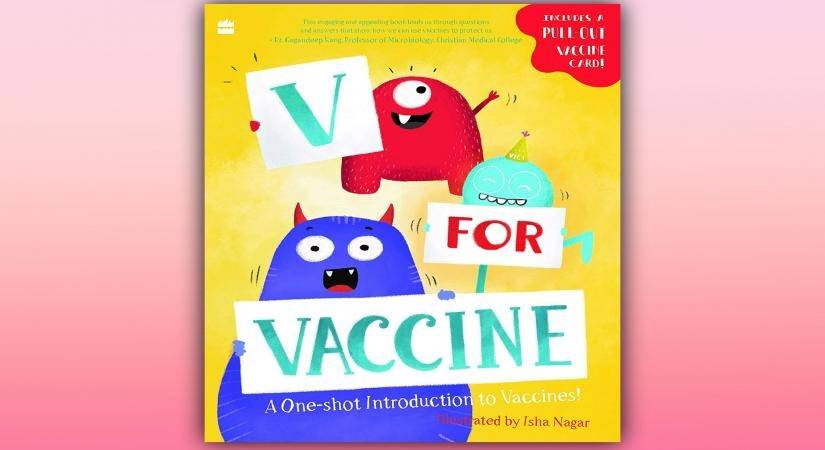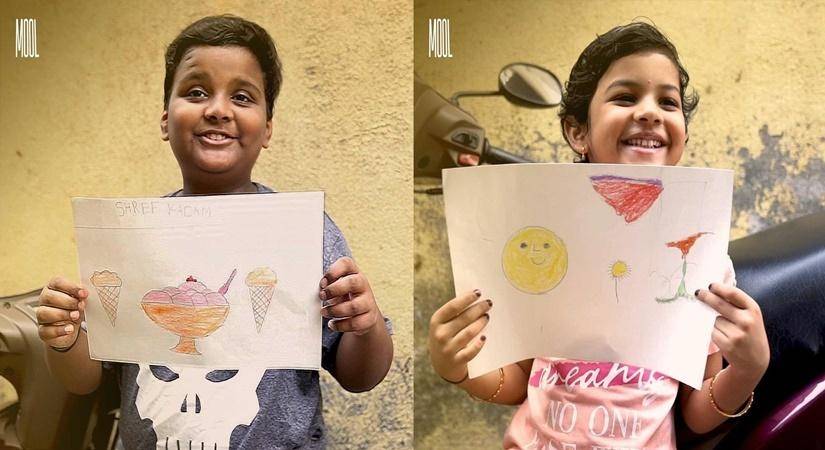According to a Hindustan Times report, the UK has administered at least one dose of Covid-19 vaccine to more than 55 percent of the country’s population and on Saturday, the National Health Service (NHS) opened bookings for people aged 32 and 33 to get their first Covid shot…reports Asian Lite News.
Moving Covid-19 vaccines from Britain to countries like India could benefit children back home, according to an expert on the immunisation advisory committee for the UK government, media reported.
Speaking at BBC Breakfast, Adam Finn, member of the Joint Committee on Vaccination and Immunisation, stressed that the ongoing pandemic is a global crisis and the government needs to “think globally and not just domestically.”
“It may well be better for children in this country if vaccines are used to stop outbreaks like the massive outbreak in India which then get imported into this country and provide a threat to them and their schooling,” he was quoted as saying.

According to a Hindustan Times report, the UK has administered at least one dose of Covid-19 vaccine to more than 55 per cent of the country’s population and on Saturday, the National Health Service (NHS) opened bookings for people aged 32 and 33 to get their first Covid shot.
The latest expansion of vaccination eligibility would cover about 1.1 million people, according to the NHS. Finn said that it remains unclear whether children will need vaccination, it was reported.
The government Friday launched plans for a new “Global Pandemic Radar” to identify emerging COVID-19 variants and track new diseases around the world.
The World Health Organisation (WHO) will lead an implementation group, supported by the Wellcome Trust, to launch this new international partnership to identify, track and share data on new COVID-19 variants and monitor vaccine resistance in populations, according to a statement from the British government.

The “Global Pandemic Radar” is expected to be fully up and running with a network of surveillance hubs before the end of 2021, the statement also said.
“We need to build a system of disease surveillance fit for the 21st century, with real-time data sharing and rapid genomic sequencing and response,” said British Prime Minister Boris Johnson in the statement.
“A ‘Global Pandemic Radar’ will ensure that we are vigilant to new variants and emerging pathogens, and can rapidly develop the vaccines and treatments needed to stop them in their tracks,” he said. (with inputs from ANI/Xinhua)
ALSO READ-ISRO set to transfer ‘Shwaas’ technology to industries
READ MORE-Hancock confident about reopening plans





